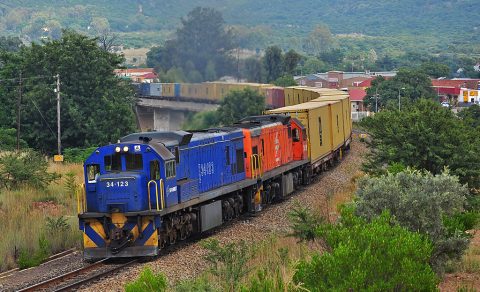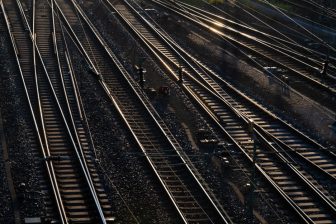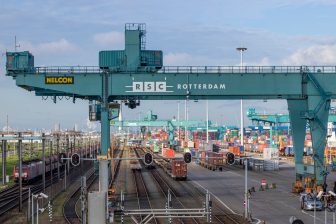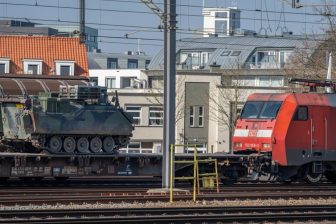
Rail freight South Africa: private investments against neglect
Despite rail being its logistics and supply chain backbone for decades now, South Africa hasn’t paid enough attention to it. The African state has to deal with an obsolete rail infrastructure that has been neglected for years. Consequently, it is probably the right time to introduce third-parties to its railway network, according to Mesela Nhlapo, CEO of the African Rail Industry Association (ARIA).
Do you want to read the full article?
Thank you for visiting RailFreight.com. Become a member of RailFreight Premium and get full access to all our premium content.
Are you already a member?
Having problems logging in? Call +31(0)10 280 1000 or send an email to customerdesk@promedia.nl.




